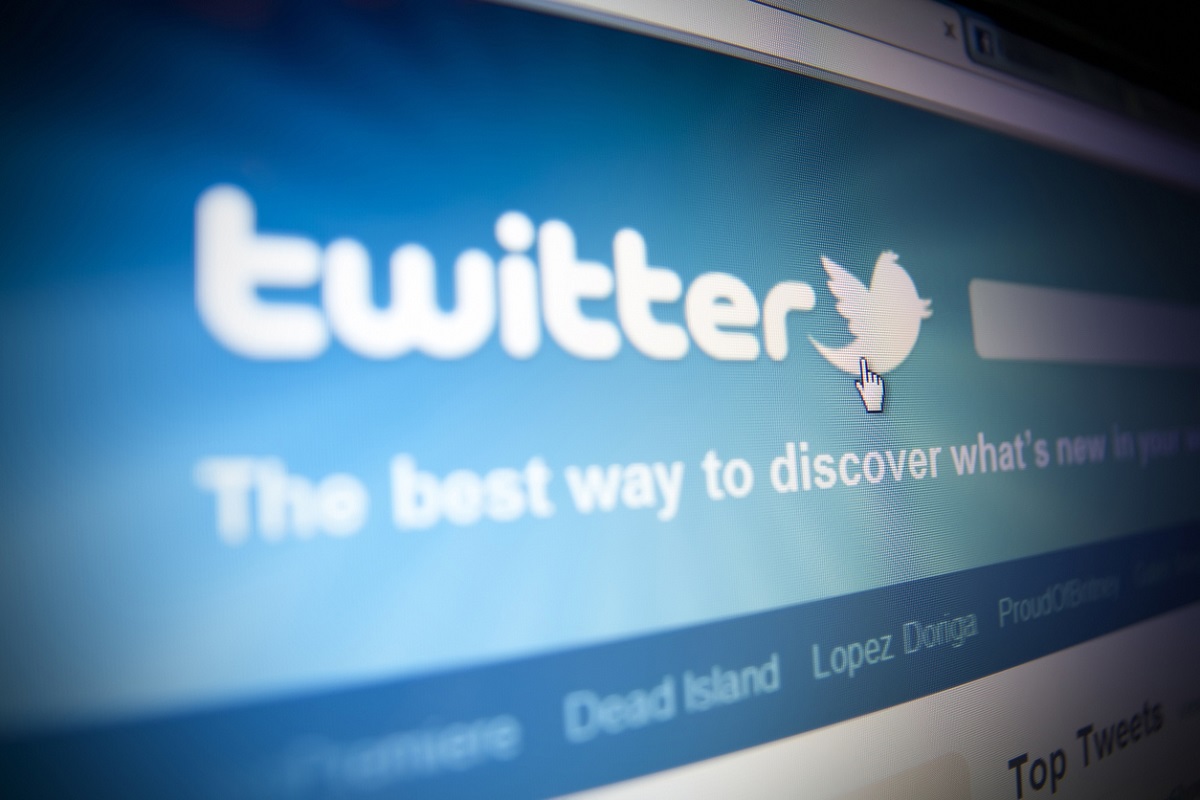Responsible statements and press releases of authorities are typically accompanied by background preparation and vetting of facts; however, the instantaneous in-your-hand platforms of social media are given to immediate and whimsical reactions of unfiltered opinions that may not be factual or even appropriate.
Those not bound by the necessities of facts or with disdain for the rigour of veracity invoke these platforms to stitch their own narratives. This makes the domain especially vulnerable in the hands of those whose opinions and ‘facts’ bear serious national or societal consequences, as presence of forethought is imperative, especially for them.
Advertisement
However, many in such positions of authority, display ‘gunslinger’ attitudes to vent their political or societal expressions, thereby stoking dangerous passions. The immediacy and reach of the format empower such users to morph a powerful tool of communication, into a veritable Bully Pulpit.
Increasingly these social media platforms are being hauled up for hosting content that is perceived to be malicious, incendiary or containing hate-filled agendas. Policing the realm is not easy as it entails unmanageable traffic e.g. Twitter in 2020 averaged around 6,000 tweets per second, 500 million per day and an estimated 200 billion tweets in the full year!
The challenge gets real when a sitting President of the United States with 88 million followers tweets incendiary and provocative remarks ~ the entire logic of free speech and enlightened debate gets compromised, not due to contrarian or unpalatable opinions, but due to untruths and dangerously inciting messaging.
Following the Capitol Hill incident, Twitter decided to ‘de-platform’ Donald Trump, initially temporarily and later permanently. The Twitter Chief Executive echoed the double-edged challenges of ensuring free speech and simultaneously preventing its misuse, when he said, “this was the right decision for Twitter.
We faced an extraordinary an untenable circumstance, forcing us to focus all of our action on public safety” and added, “I do not celebrate or feel pride in our having to ban @realDonaldTrump because a ban is a failure to promote healthy conversation”. Trump had clearly misused the platform to provoke and ‘dog-whistle’ his supporters with malintent, which went beyond Twitter’s stated objective of ‘a free and global conversation’.
Ironically the unprecedented act of banning a President has only since raised further questions about biases, double-standards and lack of accountability. Sometimes commercial considerations override the need for better judgement of responsible behaviour from profitdriven corporations who often give the long rope to the powersthat-be and to certain influencers of scale.
The fallout of Trump clamping was immediate as Twitter shares fell by 4 per cent within hours and many partisan users threatened quitting the platform. Besides, many uncompromising votaries of free speech who swear by the US Constitution’s First Amendment (and who may not have been Trump supporters) saw ominous portents of corporations acting as ‘super governments’, moral police, ombudsmen, self-styled censor boards etc.
Ironically the Chief Executive himself admitted that it, “sets a precedent I feel is dangerous: the power an individual or corporation has over a part of the global conversation”. Indeed, the power of the individual in this specific case had got checkmated; however, the answer to the possibilities of unbridled power of the corporation remains answered.
The solution sought by many who felt unfairly done-in by the actions of Twitter was to shift to alternative platforms. Such partisan alternatives that are amenable to accommodating vitriol of Trump apologists is hardly the solution towards an enabling environment of informed, reasonable and non-violent exchange of communication. India’s polarised environment too is given to inflammatory tendencies, misuse and falsifications that can infuriate or assuage the various sections of society, simultaneously.
Questions about the neutrality, fairness and consistency of the various platforms have resonated for long, with all sides accusing the other of getting treated with kid gloves. Even the Government of India joined the chorus by accusing some on the platform of, “motivated campaign to abuse, inflame and create tension in society on unsubstantiated grounds”.
Corporations must comply with the law of the land and cannot posit their own internal guidelines and interpretations to overrule national laws. Certain malicious content was taken down and others, not so. The truth of the situation is often more complex than apparent, as there are mutual troll armies that can unleash a barrage of countercampaign of information and misinformation at the drop of a hat. In such a situation, only consistency of action and approach by a corporation can address the long-term concerns.
Willful exemptions given to some highand-mighty, be it in politics or society as valued drivers of traffic on the platform, have led to much suspicion of intent. Corporations seek to curry favour and that is often their ultimate undoing, as in the case of Trump. The fact that the said corporation tolerated Trump’s multiple misdemeanours till the very last two weeks of his Presidency raised eyebrows.
The infamous dealings of Nazi Germany and the IBM corporation is another historical example of the hazards of bending rules and purported values to suit commercial agendas. Only if accusations of ‘selectivity’ can be perceptibly addressed by a transparent, formulaic and ruthlessly enforced means of auto-banning certain types of content will the issues of personal/corporate bias abate.
However, the opaque nature of the backroom operations of these corporations have ended up creating shadowy surveillance systems and censorship controls that inherently militate against the avowed principles of transparency. Such unaddressed concerns and erratic conduct by corporations has opened space for vested individuals/entities to accuse the platform of ‘selectivity’, whenever the onboarded content has not suited their respective agenda.
Both society and the corporations feed into each other’s weaknesses and short-termism, and only cry foul when tables turn, exposing the rot that is prevalent on both sides. The ball is in the court of the corporations to walk the talk of their stated mission statements ruthlessly and fearlessly. Only then will they stand the test of time and accusations. Else, the Bully Pulpits could just move from one branded platform to the other, with the same level of dissonance and misuse.
(The writer is Lt Gen PVSM, AVSM (Retd) and former Lt Governor of Andaman & Nicobar Islands and Puducherry)











